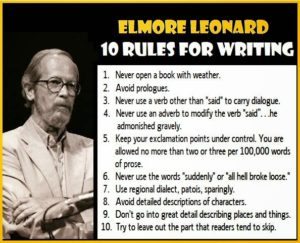This post by Diane Hall originally appeared on BDAILY on 5/25/15.
Writing workshops and books, professional advice, even Google, won’t answer every question an author may have. Some knowledge can only be gained by personal experience. The following list stems from genuine reports by authors I’ve either spoken to or worked with, across the globe. Individual points are not meant as sweeping statements; there may be a good portion of authors who have different outcomes and opinions. Nevertheless…
No one but you cares as much about your book
Agents, publishers and publicists – and especially readers – don’t have the same emotional investment as the author of a book. They might just as easily prefer another book on the same subject, or easily forget your title altogether; with over 14 million books to choose from, that yours will be the best, most unique book they’ve ever come across is unlikely. Dump the ego, and work on enticing them to look at your book in the first place. Help them to make their buying decision, don’t just assume that once seen, automatically sold.
Traditional publishing is not better than self-publishing
Yes, TP has a lot going for it, but it also has its downsides. Sacrifices to become a TP author may include your book no longer being recognisable to you, little control over the book’s aesthetics, a long, long time to market and vastly reduced royalties. That’s not to say self-publishing doesn’t have any cons; TP and SP are essentially just different ways to publish that should each be thoroughly investigated.

